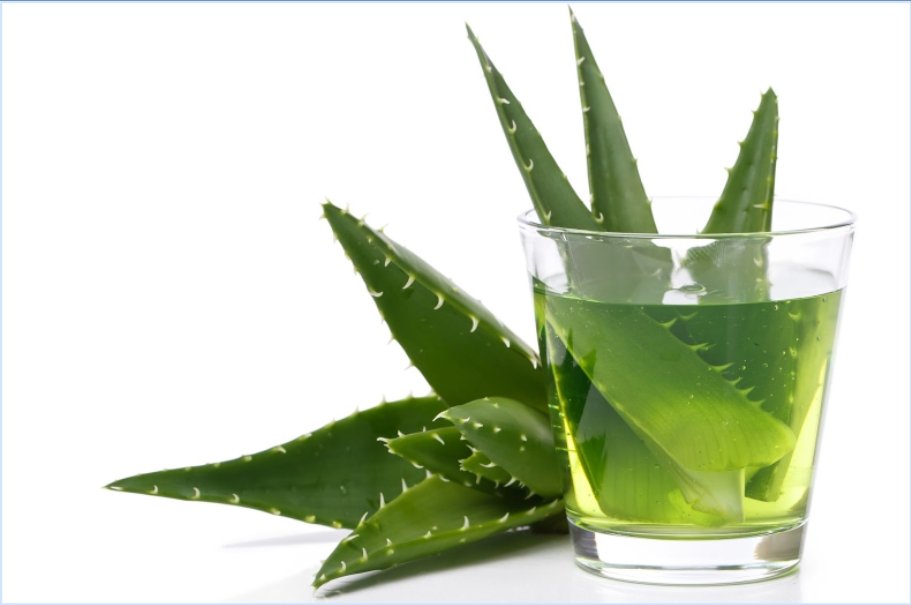Introduction:
Hyssop is a perennial herb, typically reaching heights of 12 to 24 inches (30 to 60 cm). Its woody stems branch out, adorned with narrow, lance-shaped leaves that are a deep green color. During the summer months, hyssop produces clusters of small flowers in shades of blue, pink, red, or white. These flowers are not only visually appealing but also contribute to the herb’s pleasant aroma.
Culinary Applications
Hyssop’s unique flavor profile makes it a versatile addition to various culinary creations. Here are some ways to incorporate hyssop into your cooking:
- Fresh: Fresh hyssop leaves can be used to enhance soups, stews, poultry dishes, and bean broths. Simply add chopped leaves near the end of cooking to preserve their delicate flavor.
- Dried: Dried hyssop leaves retain their essence and can be used similarly to fresh leaves. They are often incorporated into spice blends for sausages and stuffings.
- Infused Oils and Vinegars: Hyssop can be infused into olive oil or vinegar, creating a flavorful condiment for salads, roasted vegetables, or grilled meats.
- Beverages: Hyssop can be steeped in hot water for a fragrant herbal tea, sometimes blended with other herbs like lemon balm or chamomile.
Important Note: Hyssop has a strong flavor. Start with a small amount and adjust to your taste preference.
Traditional Medicinal Uses
Traditional medicine practitioners have used hyssop for centuries to treat various ailments. Here’s a glimpse into some historical uses:
- Respiratory Issues: It’s expectorant properties were believed to help clear congestion and soothe coughs.
- Digestive Issues: It was used to ease stomach discomfort and bloating.
- Antiseptic: The herb’s potential antiseptic qualities were used for wound cleansing.
Disclaimer: It is crucial to consult a healthcare professional before using it for medicinal purposes. Limited scientific evidence supports these traditional uses of hyssop, and it may interact with certain medications.
Potential Health Benefits of Hyssop
-
Limited scientific evidence supports these traditional uses of hyssop, and it may interact with certain medications. Here are some potential areas of interest:
- Antioxidant Activity: It contains compounds that may act as antioxidants, helping to protect cells from damage caused by free radicals.
- Antimicrobial Properties: Some studies suggest it may possess antimicrobial properties, potentially aiding in the fight against certain bacteria and fungi.
- Anti-inflammatory Effects: Early research indicates it may have anti-inflammatory properties, but further investigation is necessary.
Remember: These are potential benefits based on preliminary research. It’s important to consult a doctor before using it for any health concerns.
How to Grow Hyssop:
It is a relatively easy herb to grow in your home garden. Here’s a quick guide:
- Planting: Sow seeds directly outdoors in early spring after the danger of frost has passed. Alternatively, start seeds indoors a few weeks before the last frost and transplant seedlings once established. It prefers well-drained soil in a sunny location.
- Care: Water regularly during dry periods and provide light fertilizer once or twice during the growing season. It tolerates some drought conditions but may benefit from occasional watering in hot weather.
- Harvesting: Harvest leaves and flowers throughout the growing season. Cut stems just above a leaf node to encourage new growth. It can be dried for later use or enjoyed fresh in your culinary creations.
FAQs about Hyssop
Q: Is hyssop safe to consume?
A: It is generally safe for most people in small culinary amounts. However, pregnant or breastfeeding women, individuals with certain medical conditions, and those taking medications should consult a healthcare professional before using it.
Q: Can hyssop interact with medications?
A: Yes, It may interact with certain medications, particularly blood thinners. Always consult your doctor before using it if you are taking any medications.
Conclusion
In conclusion, hyssop is a versatile herb with a rich history. It adds a unique flavor to various dishes, making it a versatile culinary herb. Traditional medicine practitioners have long used hyssop for its potential health benefits, but more scientific research is needed to confirm these claims. xplore the unique herb hyssop, whether you want to incorporate it into your cooking or are curious about its medicinal properties.






















Leave a Reply